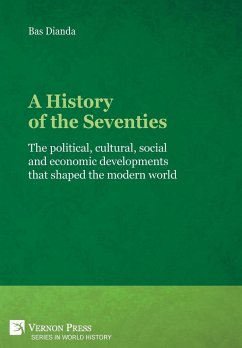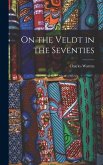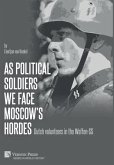Relegated to the back bench, the Seventies are often considered as no more than a bridge between the more momentous decades of the Sixties and Eighties. However, delving into this historical period, this book asks; how significant were the Seventies in terms of political, economic and cultural developments? And, to what extent did this decade change the course of the second half of the twentieth century? Seeking to uncover the extraordinary transformative capacity of this era, this book reveals how important events from this decade marked history for many years to come. Grounded in a 'history of developments,' this book investigates connections of causality or concomitant causality with events that were yet to come. The first part of this volume traces the economic, political and cultural trends that prevailed during this decade, before turning its attention to the legacies of the Seventies and the events that changed the course of history and that are still having repercussions to this day. From the oil crisis to microwaves, this book offers an in-depth and complete look at the Seventies that will not only be of interest to historians and economists, but also sociologists and those intrigued by the evolution of political, economic and cultural developments.







